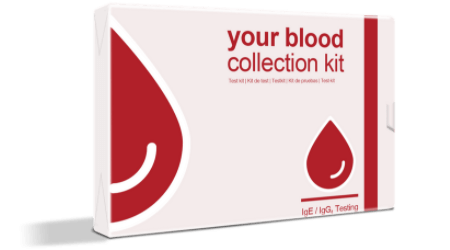As many as 1 in 5 Australians will develop IBS at some point in their lifetime. So there’s a very good chance you are living with Irritable Bowel Syndrome. An IBS diet will show significant improvement in your symptoms.
But, if you’re one of the other 4 in 5 who don’t suffer from this condition, you may still benefit from a switch to an IBS diet. An IBS diet consists of exclusively low FODMAP foods. FODMAPs are a group of carbohydrates which the body finds more difficult to digest. Low FODMAP diets have been a lynchpin of bodybuilders diets for decades. Let’s take a look at the benefits of an IBS diet for the general population.
Bloated Stomach
Do you find that, after meals, you’re sat with a stomach full of trapped air making you look like you’re in the latter stages of pregnancy? As your body struggles to process high FODMAP foods, gases are released into the digestive tract. Eventually, the gases reach the stomach where they sit until they find a way out of one end or the other. With nowhere to go, your stomach expands, which leads to that artificially large waistline. By switching to an IBS diet and more easily digested foods, you reduce the instances of bloating.
Fatigue
While the reasons behind the link aren’t entirely known, IBS and the digestive distress associated are heavily linked with increased levels of fatigue. It could be that, due to the inefficient absorption of vitamins and minerals, the brain isn’t getting the nutrients it needs to perform optimally leading to a feeling of fatigue. By eating low FODMAP foods, you’re increasing the chance that your body will take up the vitamins and minerals it needs and fuel your brain more efficiently. An intolerance test will help you determine whether you may benefit from an immediate switch to an IBS diet.
Feeling Full
High FODMAP foods irritate the digestive tract almost immediately. This irritation leads to a false sense of satiety, leaving you feeling full despite eating little. This can lead to you not meeting macro and micronutrient requirements and coming up short on essential vitamins and minerals. By switching to an IBS diet, you give your body the ability to recover from the inflammation caused by foods that you may be intolerant to. This also gives your body a chance to get the nutritional benefits of the foods you’re eating.
Diarrhea
An incredibly common and well-known side effect of IBS is diarrhea. As the digestive tract becomes inflamed and irritated, your body looks to remove the foods causing the problems. It draws water into your bowels and flushes the problematic food out as diarrhea. This can cause health problems including dehydration and electrolyte imbalance which, in turn, have their own side effects. An IBS diet decreases your chances of bouts of diarrhea.
To benefit from a switch to an IBS diet low in FODMAPs, you should take an intolerance test today.


